
The 16th Verzió Film Festival awards are presented in Toldi cinema, in Budapest, on Saturday evening, November 16.
The films awarded at the 16th Verzó International Human Rights Documentary Film Festival:
Hungarian Audience Award: THE EUPHORIA OF BEING // Réka Szabó
International Audience Award: COLECTÍV // Alexander Nanau
Best Human Rights Film Award: ADVOCATE // Rachel Leah Jones and Philippe Bellaiche
Special Mention of the Student Jury: CRIME + PUNISHMENT // Stephen Maing
Best Student/Debut Film Award: DOWNSTREAM // Máté Bartha
Special Mention of the International Jury: ZORYANA HOROBRAYA // Elita Klavina
The Award of the Teen Jury: MATANGI / MAYA / M.I.A. // Steve Loveridge
The winning films will be re-screened on Sunday, November 17.
The Hungarian Audience Award went to Réka Szabó’s The Euphoria of Being. The film previously won the Grand Prize at Critic’s Week in Locarno. It tells the story of Éva Fahidi, who returned, alone, from Auschwitz-Birkenau to Hungary at the age 20. Now, at age 90, she has been asked to participate in a dance performance about her life and she immediately agrees.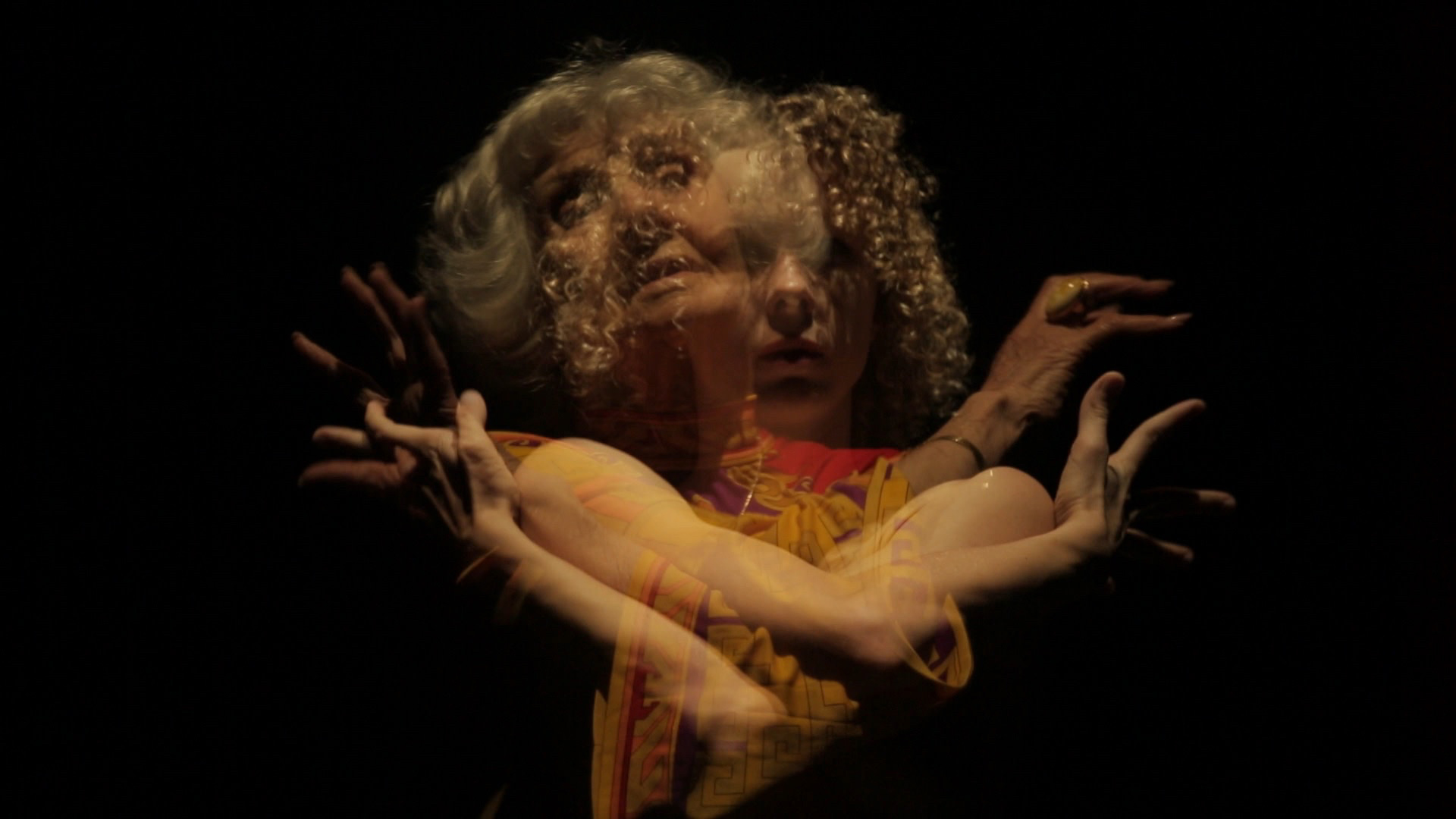
Photo: The Euphoria of Being
The International Audience Award went to the Romanian Alexander Nanau’s Colectív. In 2015, 27 people perished in a tragic fire at the Romanian music club, Colectiv, and a shocking 37 more died in hospitals due to inadequate facilities and rampant infections. Following the tragedy, Romanians took to the streets to protest and a team of investigative journalists started to uncover a vast network of corruption in the health care system.
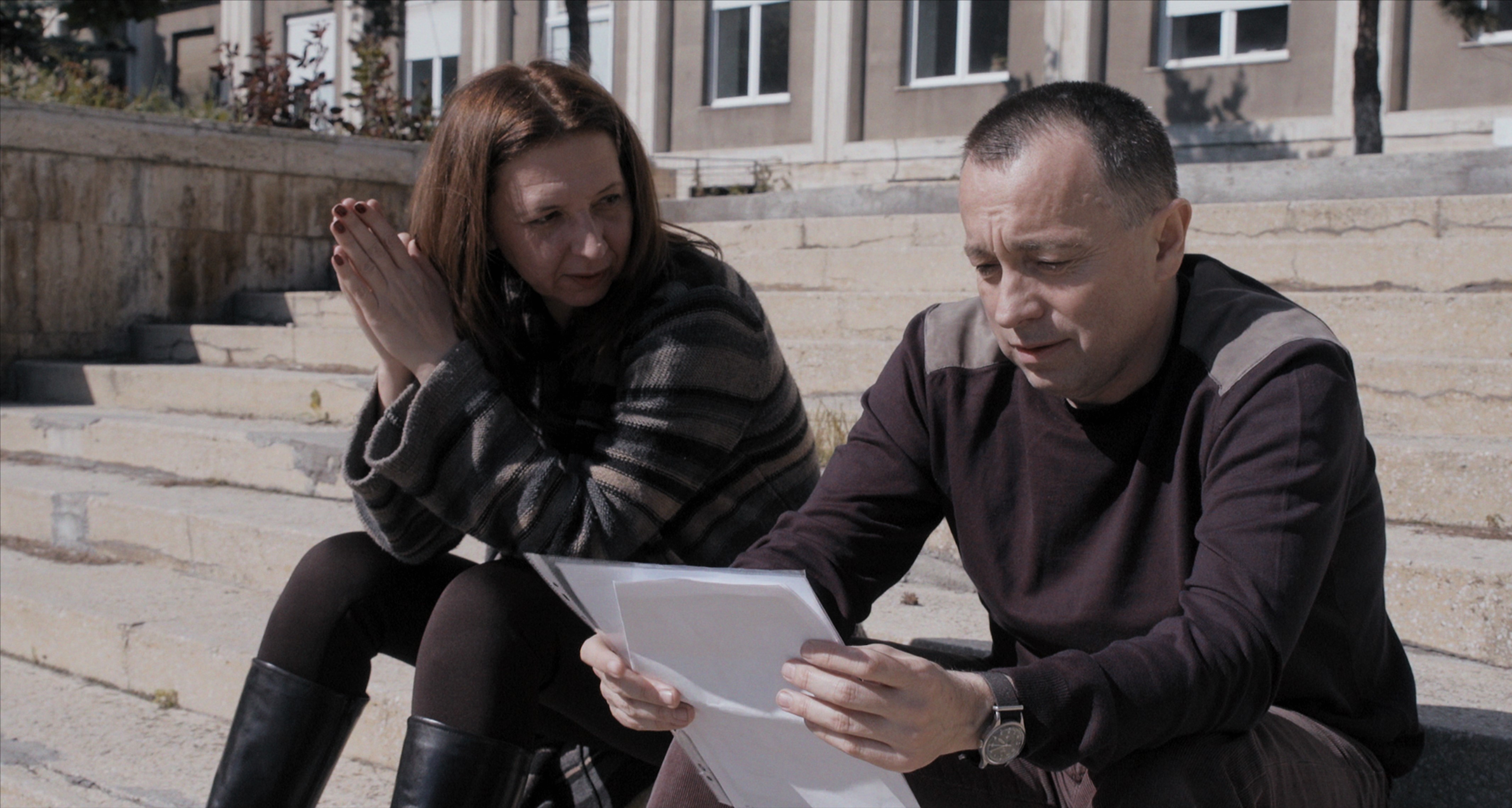
Photo: Colectív
The Best Human Rights Award went to Rachel Leah Jones’ and Philippe Bellaiche’s Advocate. Lea Tsemel, an Israeli Jewish lawyer is renowned for defending the cases of Palestinians, from non-violent demonstrators to armed militants alike. The film revisits her landmark cases and reflects on the political significance of her work, as well as the personal price she pays for taking on the role of “devil’s advocate”.
The statement of the Student Jury:
We believe that this film serves as an epitome for the Human Rights documentary in its portrayal of powerful and inspirational characters that ignite with their story of impactful changes behind the life-affirming faith in humanity they possess. We appreciated that the film is simultaneously a portrait of an exceptional person, a portrait of the Israeli-Palestinian conflict and a portrait of the fight for human rights in general. Exceptional character of Lea Tsemel by its example encourages and serves as a role model in difficult times when the very concept of human rights is experiencing a crisis. Even though the majority of the cases on which she embarks do not prove a guaranteed success, she keeps on persevering, having a unique sense of justice that seeks and evokes humanity that she never stops fighting for. This movie is an inspiration for human rights advocates worldwide.
Orsi Balog, Nikita Khellat, Kateřina Krejčová, Dávid Lubianker and Sara Simić
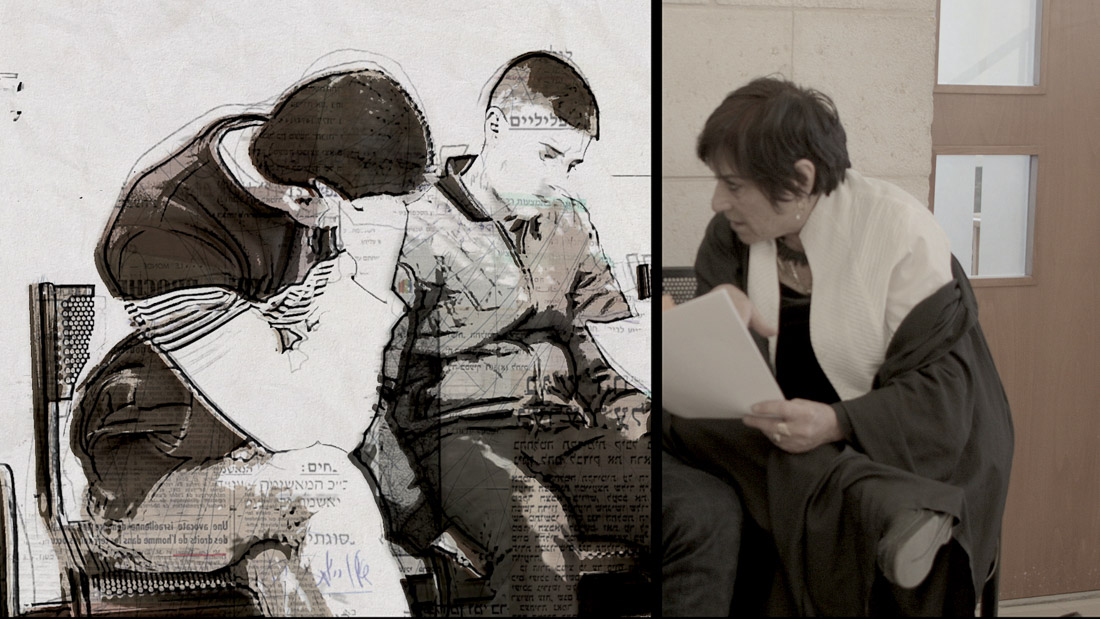
Photo: Advocate
The Study Jury's Special Mention went to the American Crime + Punishment. Stephen Maing’s film shows the struggles of a group of black and Latino police officers in New York City who risk their careers and safety to expose the discriminatory and harmful quotas in the city’s police department.
The statement of the Student Jury:
The film is a powerful cry for help on the altar of injustice revealed. Behind the uniforms of the order's heirs in the system of US power relations, it shows the fragility of humanity, and the unexpected injustices that it is pregnant with, following the power abuses of those entrusted for our peace and security. True heroes who stand up against it are often punished for their principles - and those people that delve into the nature of humanity are succeeding. Hence, we need such eye-opening films like Crime + Punishment that have powerful and inspirational protagonists. Their stories will allow us to re-evaluate the inherent vices of status quo whichever form they take - in power, authority, or the deeply ingrained institutional malfunctionings such as racism and segregation - that are surprisingly still prevalent today.
Orsi Balog, Nikita Khellat, Kateřina Krejčová, Dávid Lubianker and Sara Simić
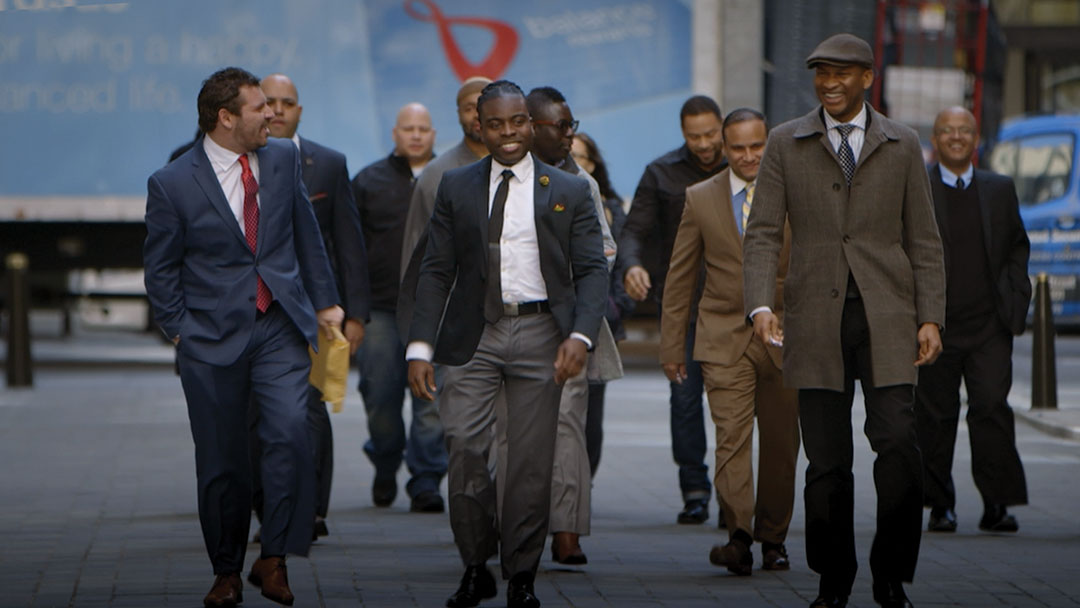
Photo: Crime + Punishment
The Student and Debut Films were evaluated by the three members of the International Jury. Dutch director Leo de Boer, festival director Christine Dollhofer, and director Dorottya Zurbó gave Máté Bartha’s Downstream the Best Student/Debut Film Award. The protagonist of the story is Vivien, who was taken away from her mother as a child and spent most of her life drifting from one adoptive family to another. Vivien finds her only solace in a military youth community. As she turns 18, she decides to stand on her own two feet and change her life for the better.
The statement of the International Jury:
This film stands out by its cinematic qualities and emotional impact. In the film we follow a young woman who is looking for love, stability and a happy family life. It’s a very complete film, filmed in a visually impressive style. The main characteristic of this style is it subtleness. It is suggesting so much more than we see on the surface. The young woman has had a difficult past and she’s facing an insecure future. The director, also being the cinematographer, guides us through the universe of this young woman’s life, creating a very intimate atmosphere. Attentively leading our gaze with his unobtrusive camera-style, we cannot help but feel great empathy for this woman and her struggle to break free. The prize for the best student film goes to Downstream from Hungarian director Máté Bartha.
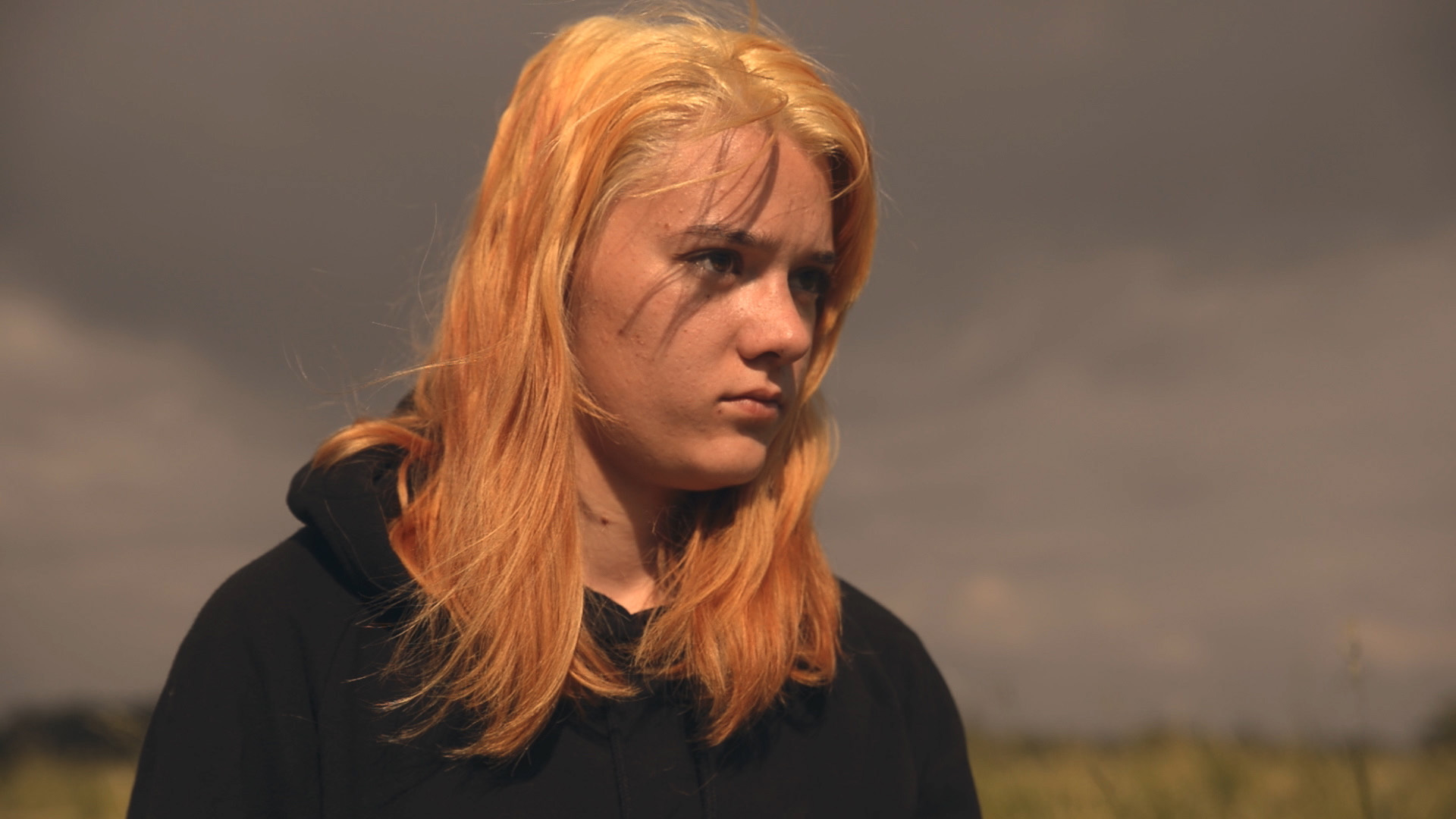
Photo: Downstream
The International Jury awarded Elita Klavina’s Zoryana Horobraya with a Special Mention. Zoryana and Edgars, parents at the age of 17, live in the remote Latvian countryside surrounded by beautiful landscape, nature and animals. However, the limited job opportunities available nearby have left the family mired in poverty. When Edgars gets a job in the city, Zoryana must choose whether to stay or join Edgars.
The statement of the International Jury:
The jury gave a special mention to a film that moved us deeply. It shows the micro cosmos of a young family in Latvia trying to cope to with life. For two years the filmmaker, who was also the cinematographer, followed the family in their struggle between two conflicting ways of life; modern life in a big city as opposed to a more rural existence in the countryside. It’s a very touching story that becomes universally recognizable and is filmed in a very intimate style. The special mention goes to Zoryana Horobraya from Latvian director Elita Klavina.
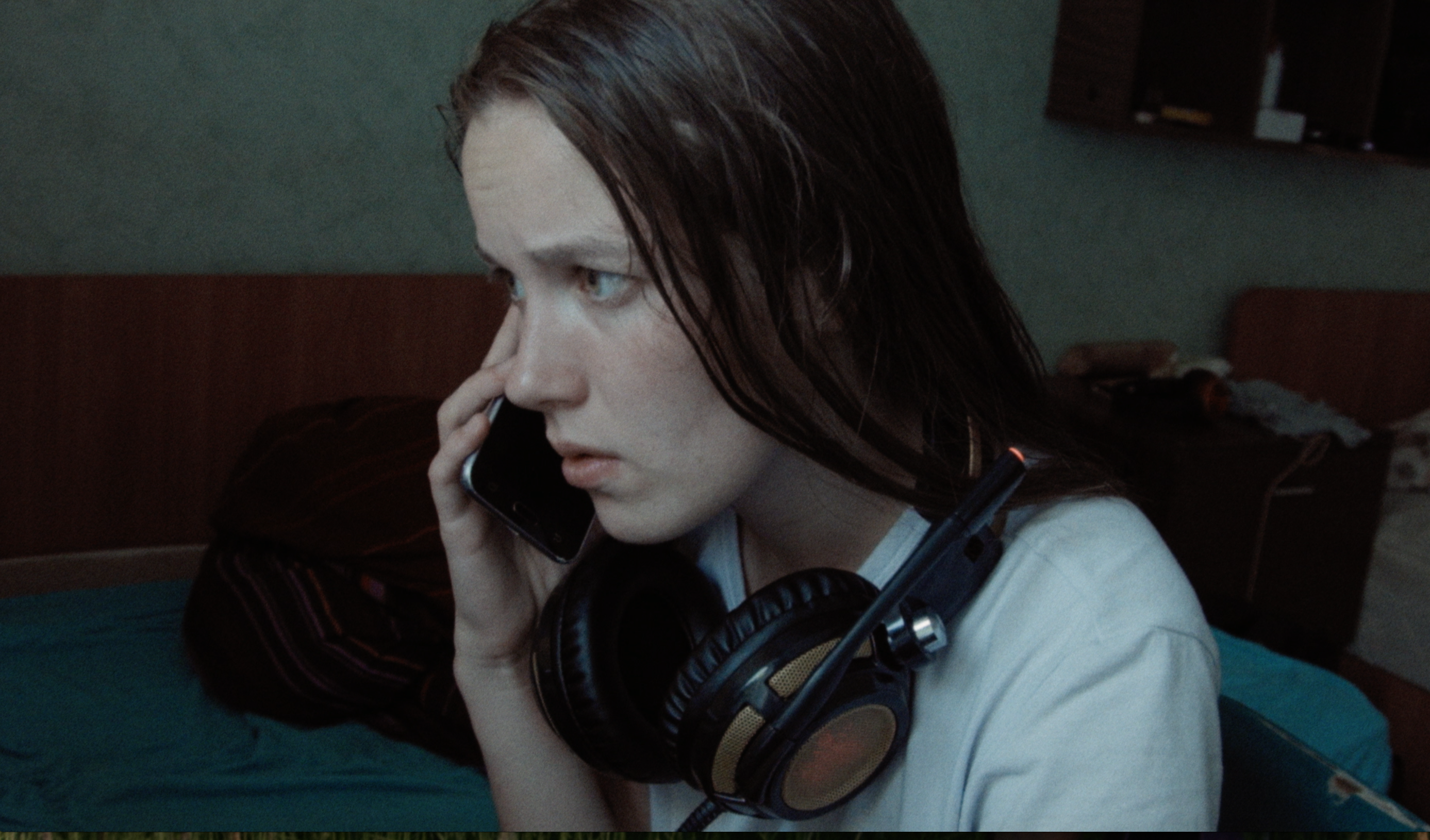
Photo: Zoryana Horobraya
This year marked the second Teen Jury, supported by UNICEF Hungary. Their three members, Szandi Balogh, Niki Botos and Niki Sarang chose the festival’s best kid’s documentary from the five films of Student Verzió. They awarded Steve Loveridge’s Matangi / Maya / M.I.A the Teen Jury’s favorite documentary. The film, rich in music, was also awarded at the Sundance Festival. It includes personal footage that spans decades, and portrays the rise of a Sri Lankan pop icon who continues to shatter conventions and has no fear of standing up for important and divisive causes.
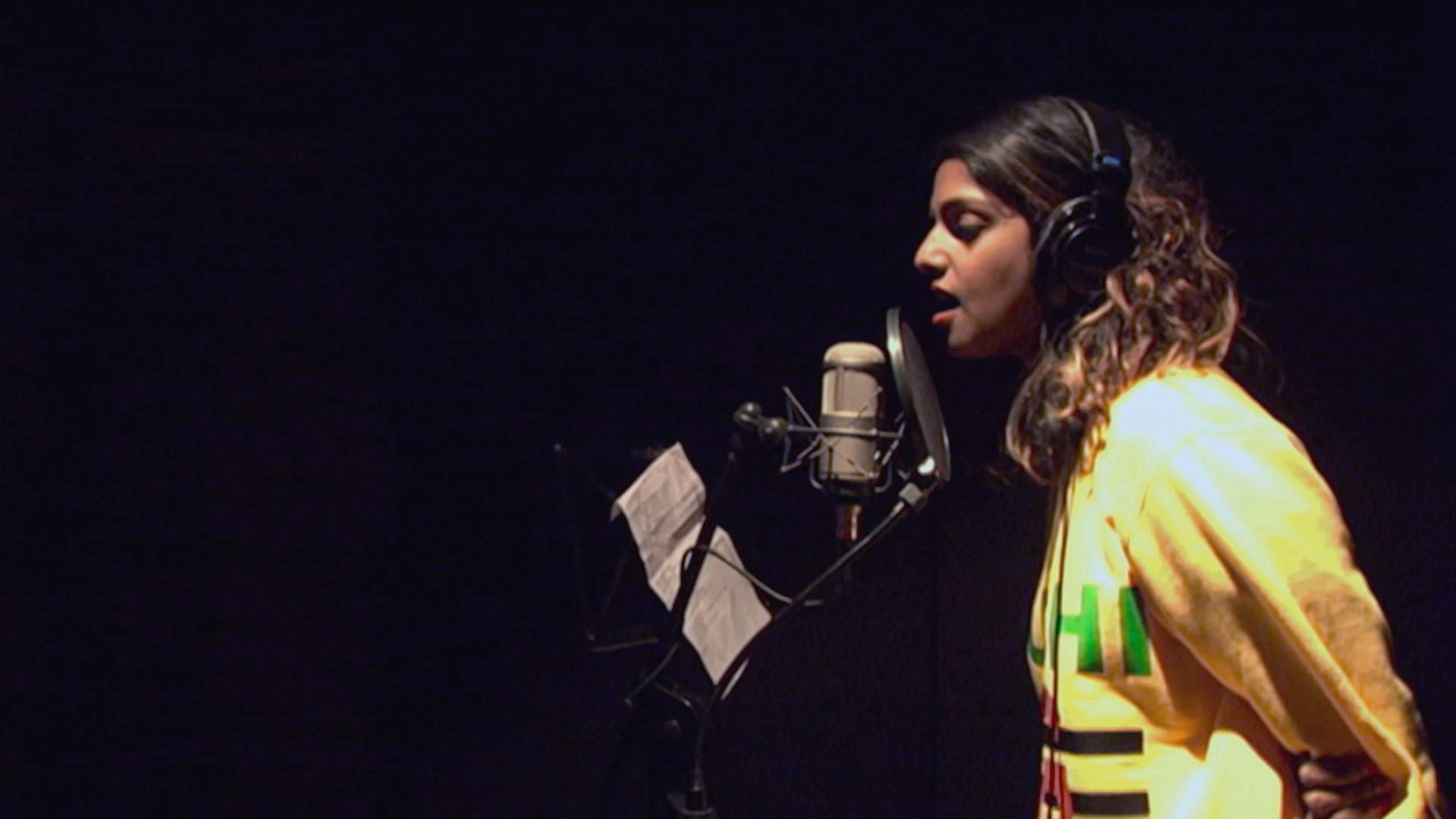
Photo: Matangi / Maya / M.I.A.
The awards were designed by Product Design students at the Moholy-Nagy University of Art and Design (MOME), taking sustainability into account.
Photo: Balázs Ivándi-Szabó
The closing film of the award ceremony was Isa Willinger’s English-Japanese-Italian-German co-production Hi A.I., which raises the question: How will robots and artificial intelligence change our lives? Who will be the main protagonists of the future world?

Photo: Hi, A.I.
16th VERZIÓ INTERNATIONAL HUMAN RIGHTS DOCUMENTARY FILM FESTIVAL
Sharpen your Perspective
Budapest – November 12–17 // Debrecen, Kecskemét, Pécs, Szeged, and Szombathely in cooperation with Open Spaces – November 21–24
The 16th Verzió Human Rights Documentary Film Festival is supported by the Creative Europe Program of the European Union.
